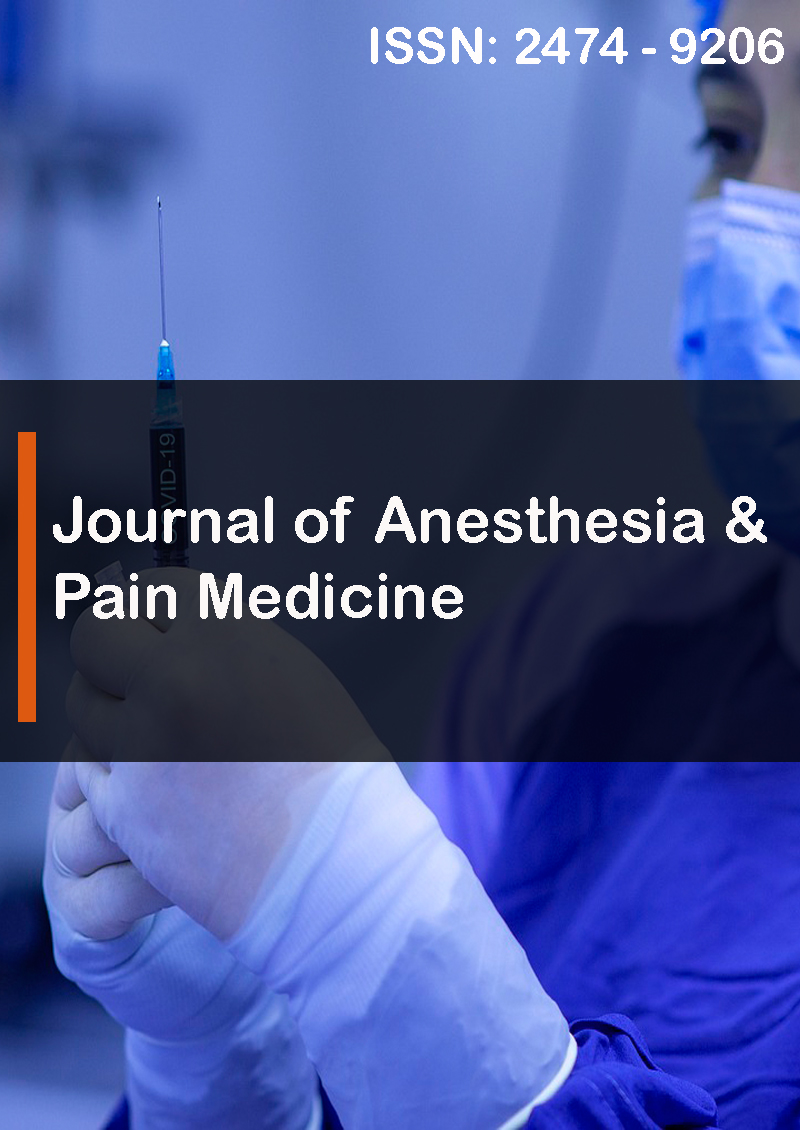Breast Cancer Patients and their Orofacial Manifestation
Abstract
Zahra Ranjbar, Habib Noorani khojasteh, Janan Ghapanchi, Fatemeh Lavaee, Farnaz Khanzade, Fatemeh Tavakoli
Background and Objective: Surgery, chemotherapy, radiotherapy, and hormone therapy are the most commonly used methods for treating breast cancer, but these therapies, in turn, cause short and long-term side effects in such cases. This study aimed to investigate oral manifestations in patients undergoing breast cancer treatment.
Method: In this cross-sectional study, the oral cavity of 101 patients admitted to a private clinic of hematology and oncology for the treatment of breast cancer in Shiraz were examined. Full oral examinations including mucosal and dental changes are recorded. Data were collected and analyzed using SPSS software version18.
Results: The mean age of the participants (females) was 45.77±11.47 years old. 38 (37/6%) patients had distant metastases to other organs and 63 (62/4%) had no metastases. 48 (47.5%) patients specifically used chemotherapy and only 7 (6.9%) patients used radiotherapy. The most common oral complications were dry mouth (47.5%) and changes in taste (45.5%). The most common skin disorder was skin irritation with 13.8%, followed by herpes labialis with a 5% prevalence.
Conclusion: Our results showed that oral findings such as xerostomia and taste changes were prevalent in the breast cancer patients undergoing radiotherapy, chemotherapy, and hormone therapy but skin complications like erythema, irritation, and herpes simplex infection are less frequent



